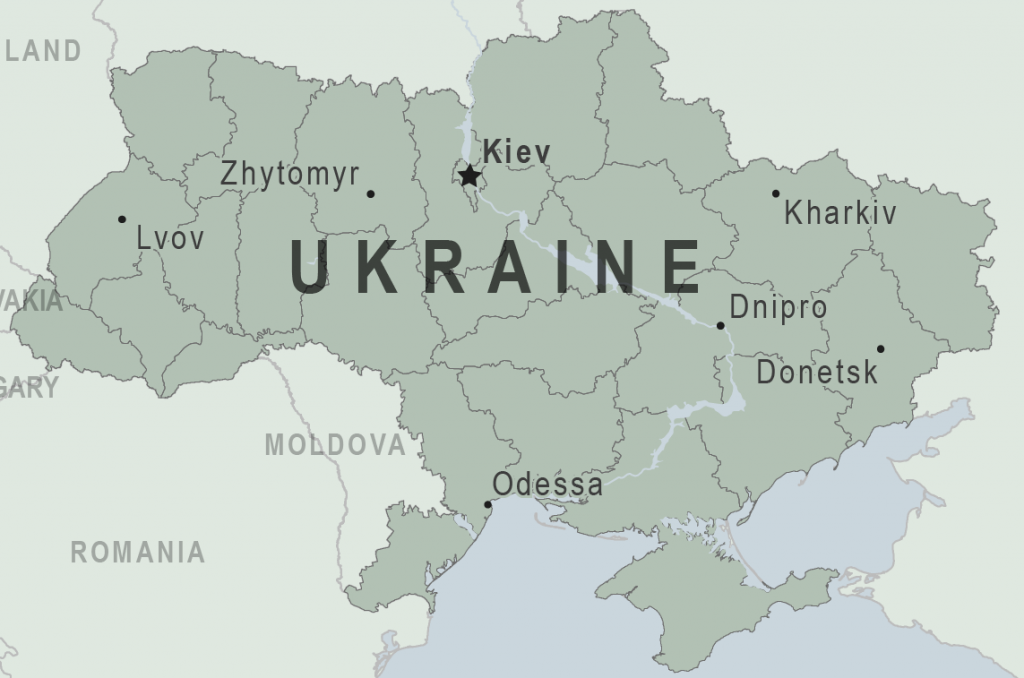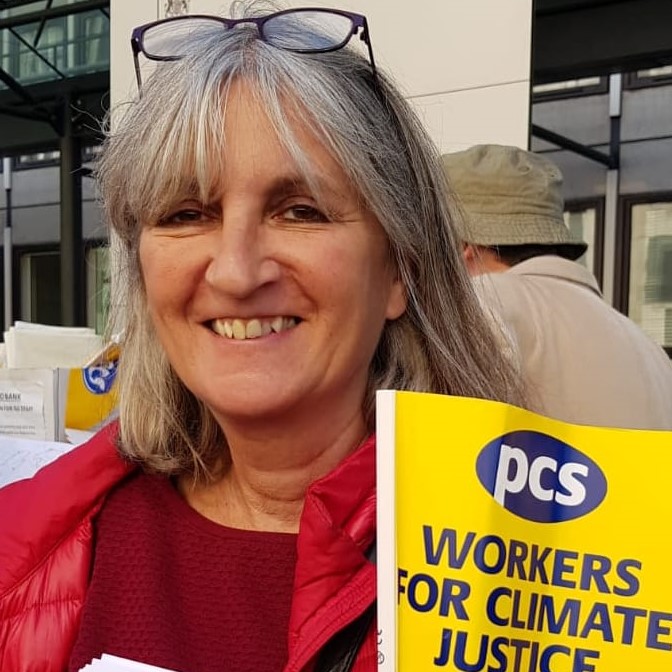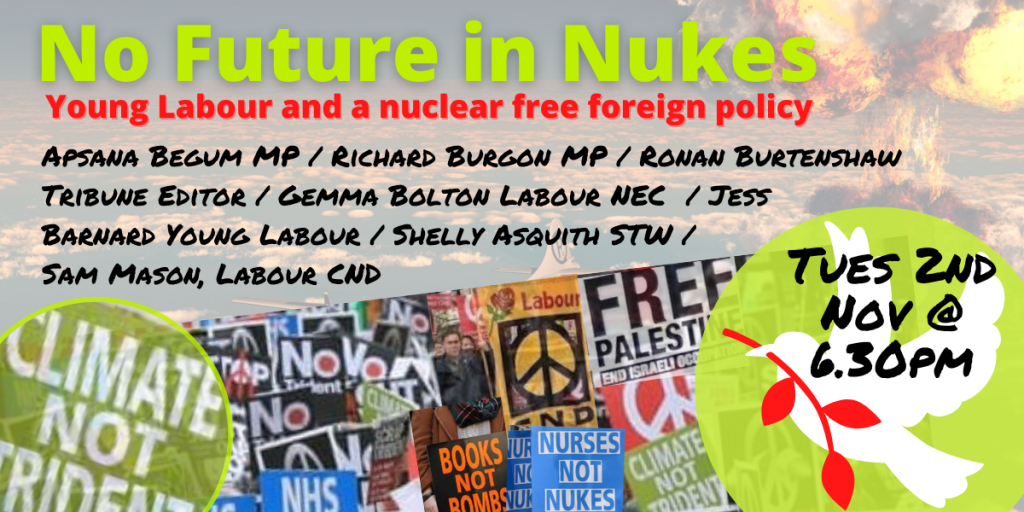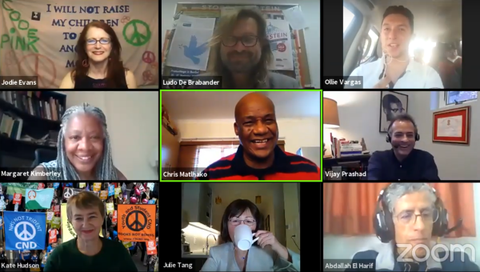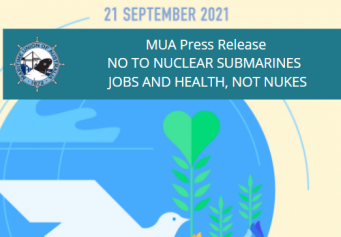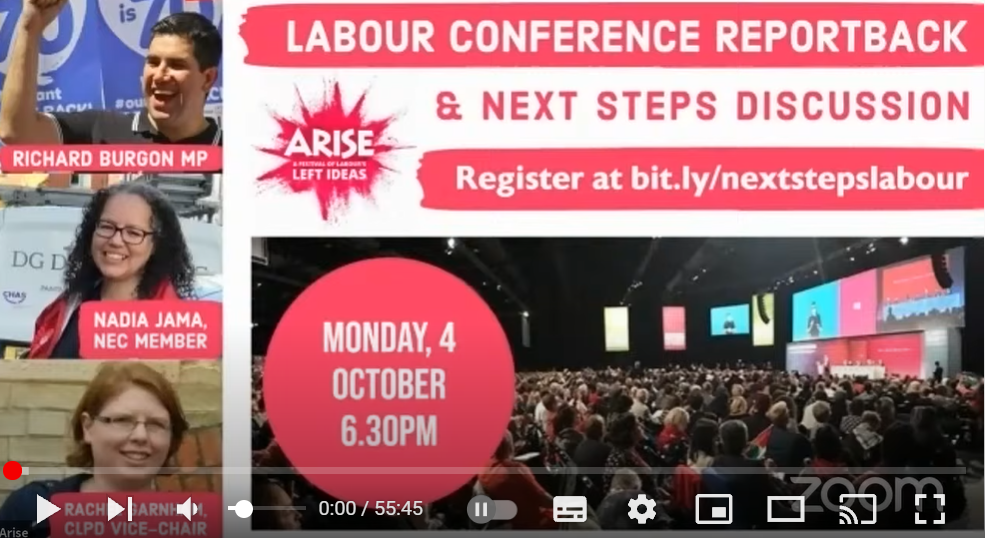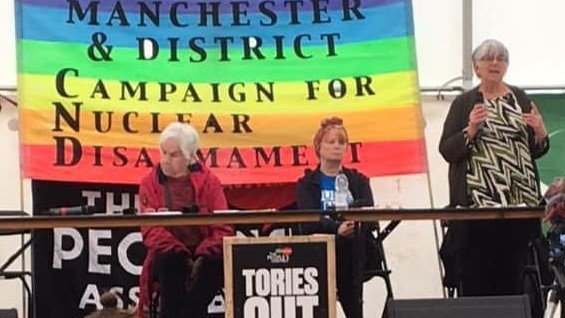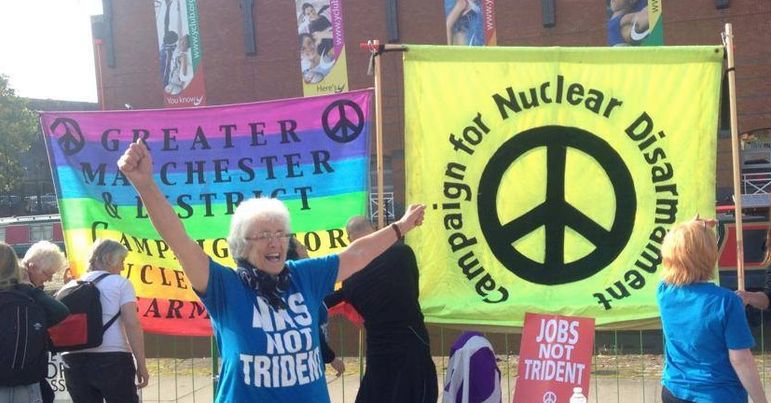Samantha Mason is a member of the Labour CND committee and a well-known climate and just transition activist. This is the first of her climate blog for us, putting nuclear back into the climate equation.
Nuclear power is no solution to our energy crisis
The nuclear industry is losing no time in using the current energy and related cost of living crisis to bolster its position as a ‘silver bullet’ for the climate crisis. A contested technology in the transition to decarbonised power, it divides trade unions and labour movement more widely, and it isn’t entirely settled in the climate movement.
Nuclear power generation has been declining globally, and as recently as 2019, the International Energy Agency whilst supporting nuclear in the energy mix, was questioning its future. Even as recent as 2006, the then Sustainable Development Commission didn’t see nuclear as part of the future energy mix. So why the resurgence now?
At the United Nations COP26 climate talks in Glasgow last year, on the one hand the nuclear industry was crying foul that they had been omitted from the talks, and opportunity to put their case to the public as a grossly misunderstood industry. On the other side, there was a clear presence of the nuclear industry with several interventions including a letter signed by trade union leaders stating that the “world needs much more clean, reliable and affordable energy, and our members need secure, quality employment. Nuclear delivers both, and that’s why we need more nuclear.”
Clearly the challenge of decarbonising the power sector, and linked to it industry, transport and agriculture, is enormous as we seek to ‘electrify everything’ in a rapidly diminishing timeframe to have any chance of staying within the 1.5 degrees of global heating by the end of the century. This includes serious technical and resource questions before we even get to think of the economic and social questions of transition, and notably jobs.
But as our climate doomsday clock gets closer to midnight, its time we really put this debate to bed, and focus on developing a plan that coordinates across the whole economy and energy system. This includes understanding what we need energy for.
Firstly, there is nothing misunderstood about the nuclear industry. It’s an old industry therefore the arguments on safety, length of construction time and cost overruns, waste disposal is well evidenced and understood, globally.
It is expensive energy. Hinkley Point C is billed as the most expensive power plant in the world and locks UK consumers into “a risky and expensive project with uncertain strategic and economic benefit”. With difficulties in financing ‘new’ nuclear, the Nuclear Energy (Financing) bill which provides for ‘regulated asset based’ financing will impose all the risk onto consumers in England. A deal it’s recognised will push more people into fuel poverty.
Proponents of nuclear power argue the need for baseload power and its low carbon status. However interestingly one of the arguments against new nuclear by the SDC in 2006 was its inflexibility and applying a “big-bang [nuclear] fix” would undermine efforts to develop renewable power generation and energy efficiency measures. Today we see this too with the proposal for new nuclear techno fixes such as Small Modular Reactors or the elusive quest for nuclear fusion.
There is no denial that trade unions should fight for the jobs of their members across the industries and sectors they represent. But we also need to be visionaries. For an industry in decline, the skills of its current and future workers can be applied to the energy transition, and other work related to decarbonisation through a process of Just Transition. The construction workers, building trades and pipe fitters are still needed. More specialist roles which require particular nuclear science knowledge will not go away given the long legacy costs of nuclear power around decommissioning and waste. There is plenty of work to be done and the nuclear sector has been no less immune by the attacks on workers agreements as other sectors.
It is here that perhaps we get to understand why this renaissance for nuclear power and why we also have to question what this energy is for. The need for a civilian sector to support a nuclear defence program is clear, and as outlined in the UK Government’s Nuclear Sector Deal. Research by academics at the university of Sussex provide some of the most compelling evidence on this. And certainly the UK government’s increasing posturing around nuclear weapons supports this.
Finally, no energy solution can be assessed outside a framework of justice – for communities faced with uranium mining, and for workers who have been exposed to serious health risks. And then there is wider justice for the victims of the nuclear industry that date to its origins from the development of nuclear weapons.
At the COP last year, we heard the harrowing reality for small island states and other climate vulnerable communities who have done least to contribute to climate change. This includes pacific island nations that have already suffered the horrors as testing grounds for the UK’s and US nuclear weapons.
If we want real justice, and a future for everyone on this planet, it’s time we came clean and ended our love affair with the atom. Nuclear power won’t solve any of the crises we are currently facing, and as it stands, is a deterrent to achieving a democratic and publicly owned energy transition that we urgently need.
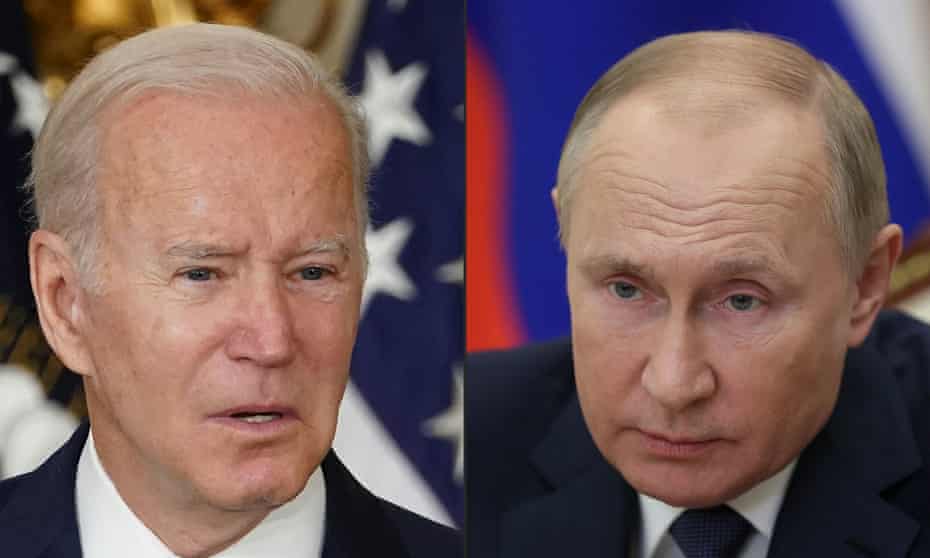
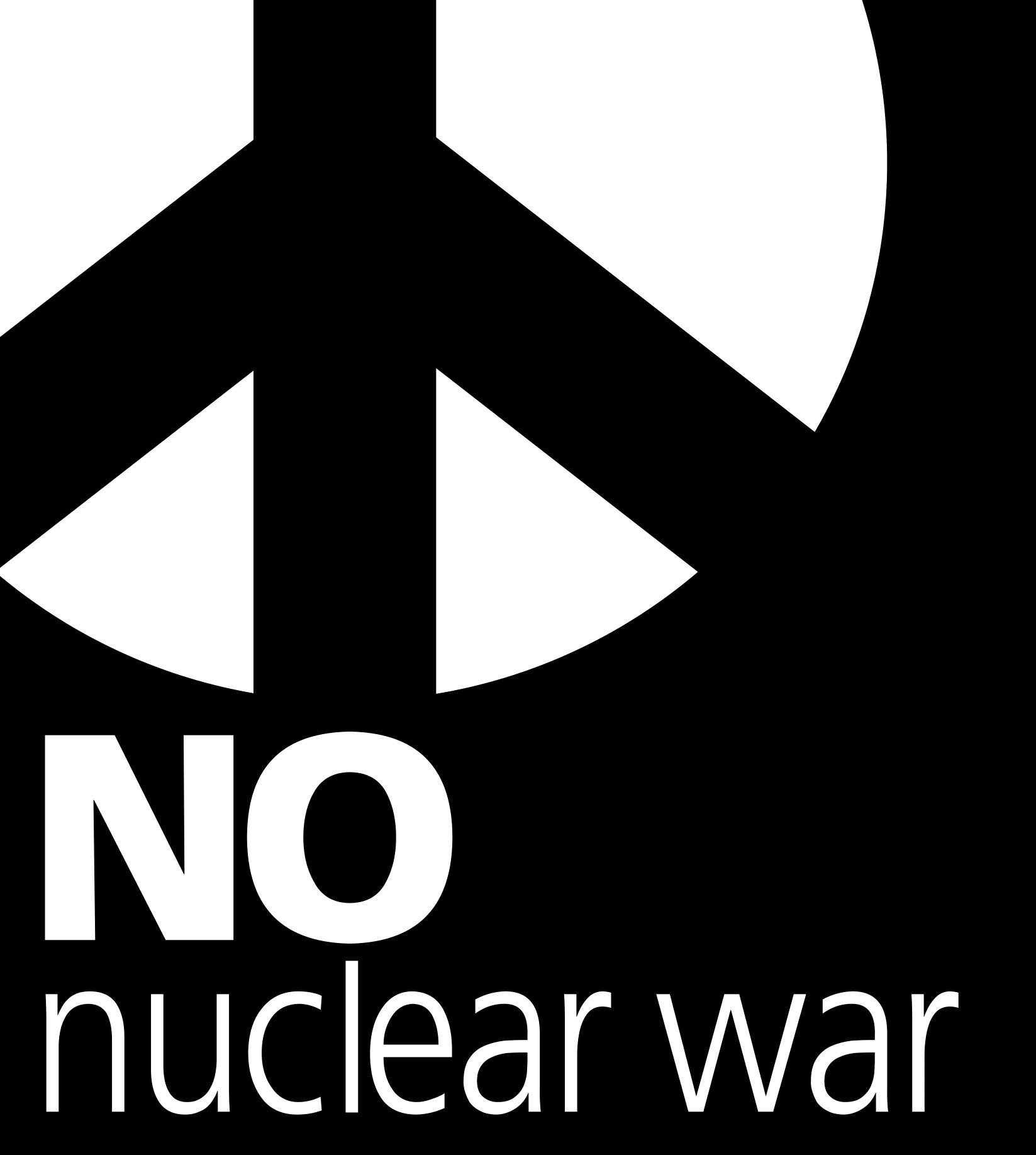 Take action
Take action
